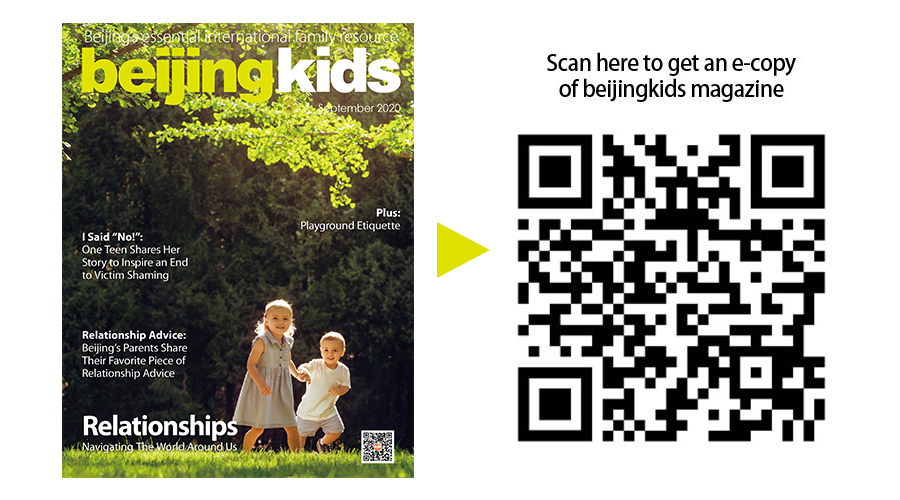A dear friend’s birthday is coming up, but you just can’t decide what gift to buy them. After hours of trawling the aisles, you finally settle on something that is neither too cheap nor superficial. However, your friend takes one good look at your gift and frowns. Where have you gone wrong? While your intentions may have been good, gift-giving in China is a more delicate matter than one can imagine and it is surprisingly easy to cause offense with a clumsily-chosen gift.
In order to make your life easier, and preserve the special relationships you already have, we’ve rounded up a list of five everyday items you should never give as a gift in China.

Shoes
Traditional Chinese culture puts heavy emphasis on the appearance of homophones, so, for example, you will probably never see the number four (四 sì) on the elevator because it’s a homophone of the word death (死 sǐ). For the same reason, it is actually a great taboo to gift shoes. The pronunciation of shoe (鞋 xié) is homophonic with evil, demonic, or heretic (邪 xié), so giving someone shoes is considered synonymous to giving them evil spirits and bad omen. It also means you will probably lose contact with them soon after gifting the gift. However this taboo does not apply to family members or loved ones, so feel free to go all out and get them fancy shoes.

Clocks
Time is the most precious gift we have, right? Well not always in China. Giving someone a clock can be a big mistake, as the pronunciation of clock (钟表 zhōng biǎo) is homophonic to ending, termination, or death (终 zhōng), and can be especially offensive to older people, as it sounds like you are praying for their death. Furthermore, the act of gifting someone a clock (送钟 sòng zhōng) sounds like the custom of staying by a parent’s side right before their death or taking care of the funeral arrangements (送终 sòng zhōng). Thus, it is imperative that you steer away from clocks when choosing a gift, no matter how pretty they look.
On the other hand, although watches may have been taboo to gift for older generations, there are now mixed opinions on whether or not they are an appropriate gift. Some say that it means longevity with a loved partner or close friends, while a smaller group claim it has connotations of running out of time. If in doubt, try to discretely find out whether your friend is a traditionalist, or will appreciate a chic timepiece!
 Umbrellas
Umbrellas
It is very tempting to purchase an umbrella of vibrant colors and cute patterns, but it’s better if you keep that umbrella for yourself. Umbrella (伞 sǎn) is homophonic to parting or scattering (散 sǎn). You should never gift a close friend an umbrella because that can mean that the two of you will soon part ways. You are, however, exempt from the rule if you are bringing someone an umbrella in the rain. That’s just good manners.
 Hats
Hats
Unlike the previous examples, rather than being a homophone, hats are taboo in traditional Chinese culture because of their historical context. In China, the saying “to wear a green hat” means that your spouse has cheated on you, and it’s such a powerful association that you will rarely see anyone wearing actual green hats in China. Furthermore, when a parent or elder passes away, you must wear a special kind of hat at the funeral, called a 孝帽 (xiào mào), which is translated into a Filial Piety hat. Therefore, it is better to abandon the idea of giving a hat as a gift completely, lest you accidentally wish for death in someone’s family, or for a scandalous affair to occur.

Wallets
As wallets are used to contain money, by extension they represent your personal wealth in traditional Chinese culture. Therefore, gifting a wallet is like giving away all your money, and could mean that you’ll lose all your fortune and luck. However, there is an exception: it’s totally ok to gift a wallet to a spouse or other family member who already shares your financial accounts and money, just avoid giving out all your money to a friend!
KEEP READING: From the Archives: The Right Christmas Gift for your Ayi or Chinese Friends
Images: Unsplash

This article appeared in the beijingkids 2020 September issue



